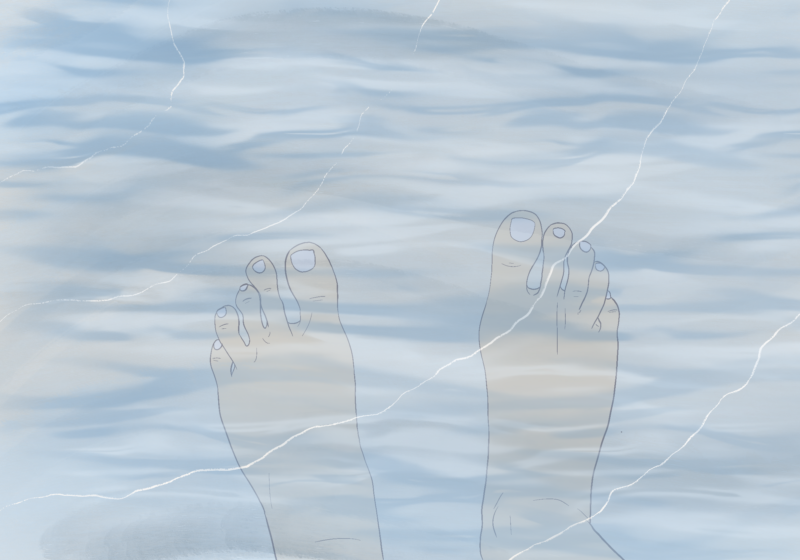“Happy New Year” — a customary salutation shared among us Chinese during the Spring Festival. Regardless of whether the greeting is articulated in English or Mandarin, though, it sounds so unfamiliar to me. For me, the sign of the coming new year is a greeting with a thick Jiaodongnese accent; my local dialect, which somewhat diverges from Mandarin. The greeting, a mixture of English and Mandarin, keeps reminding me of the distance I am away from my home.
When it comes to the impression of China, one may conjure up images of refined oriental wooden architecture, towering skyscrapers, or bustling streets packed with pedestrians. Yet, none of these scenes really describe where I am from.
Rongcheng is the place where I grew up for 15 years. Unlike the big cities that most Chinese international students come from, it is a tranquil and sparsely populated city with a pleasant climate. The unique geographic location of being surrounded by sea on three sides at the end of a peninsula gives this city a distinctive culture.
Here, I go to the shore of Lake Ontario and feel the breeze, trying to recall the taste of sea breeze at my doorstep. It transports me back to my middle school age. The sea breeze caressed my cheek as I rode my bicycle home after school. I looked around at the asphalt road rarely traversed by cars, and at the sidewalks that were only filled by students heading home. Such a peaceful atmosphere made the crashing sound of the waves on the beach and the rustling of leaves on the trees all the more distinct. I pedaled my bike with force, thinking to myself that just around the corner at the end of the road is my home, that my mom is there, leaving the door open for me.
I have been asked by several people what the biggest culture shock has been for me since coming to America. Without hesitation, I would answer that it is the food. I often joke about how eating chicken breast in Douglass is the time when I miss home the most. What a food contains is not only about the taste, but also the sense of belonging and the concern from loved ones.
I spent my high school years in Beijing, which was 500 miles from my hometown. I lived at a school apartment for most of the year and could only go home during long breaks. Getting off the train, unloading the heavy luggage, one thing that never changed was a steaming bowl of kelp and pork rib soup on the table. This is a dish that requires half of a day to complete. People who want to cook it for dinner need to start preparing at noon, letting it simmer over low heat for several hours.
The process of waiting for this dish to be ready is like a mother eagerly awaiting her son’s return. When the time is up and the lid is lifted, it’s like when I open the door coming home. Kelp flowed with the hot soup into my stomach, warmed up my body and heart. The soup symbolizes the homecoming of a traveler, a mother’s concerns for her son. The taste of the soup is mild; not many sauces had been used. It is similar to my mom’s love for me, which makes me feel warm without any expression of words.
From a far distance, on the other side of the Pacific, there is a village where everyone shares the same surname and ancestor. The village has stood there for 600 years with so many stories and memories. There are people who love me living there. The bridge built up by love, across the ocean, reaches my heart, offering me support. No matter how hard the journey is, how much loneliness needs to be endured, and how many setbacks need to be overcome, I have no excuse to retreat. I have come to America with a dream. It is a dream to be a great scientist, engineer, and son. It is a dream to let the love rooted in my heart, from the people I cherish and the land I belong to, grow prosperously.


